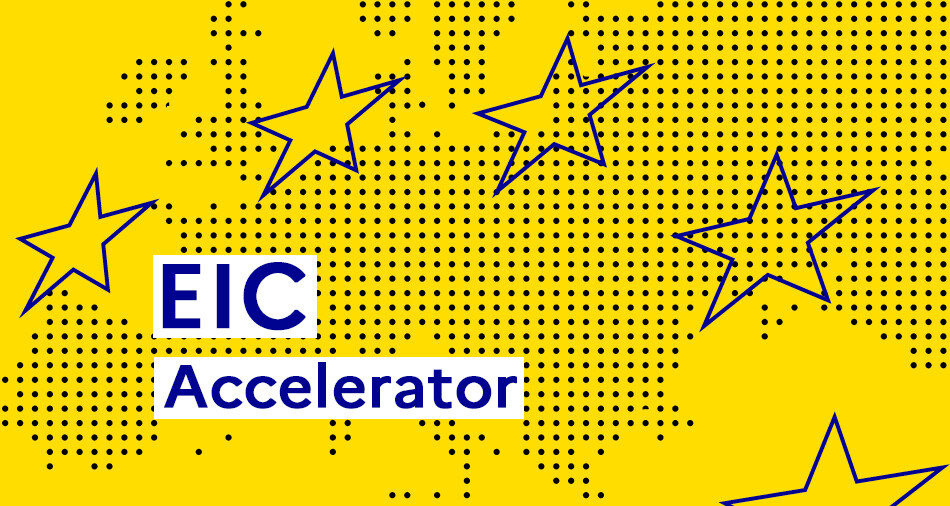ExpectedOutcome:
In line with the European Green Deal, the successful proposal will contribute to fostering a sustainable, balanced and inclusive development of coastal areas, thanks to deployment of digital, nature-based, social and community-led innovations, to deliver nature-based and scientifically validated solutions to existing coastal socio-economic and environmental threats. People are empowered to act for change through upgraded skills and innovative governance that favours an integrated and interlinked territorial development. Coastal communities are better prepared to achieve climate neutrality by 2050, adapt to climate change, and turn digital and ecological transitions into increased resilience to various types of shocks, good health and positive long-term prospects, including jobs, for all including women, young people and vulnerable groups. Tourism, recreational and leisure activity development in coastal areas respects long-term environmental carrying capacity, and social goals.
Projects results are expected to contribute to all the following expected outcomes:
- Nature-based and community-led socio-economic development in the coastal sector, revitalising social capacities in fragile communities and supporting environmental improvements, based on integrated marine ecosystem service valuation, management, conservation and restoration.
- Lasting cooperation between local communities and coastal sectors and authorities through enhanced governance and social innovation in different regional contexts.
- Properly assessed and transdisciplinary scientifically validated, supported and monitored social innovation experiments related to coastal climate adaptation and mitigation, biodiversity, water quality, pollution, seafood production, ecotourism etc.
- Innovative socio-economic models resulting from the projects, based on a long-term perspective using a participatory process of visioning and experimentation, are implemented in integrated coastal zone management.
- Improved employment prospects through job creation, development and training of knowledgeable regional/local ambassadors for natural habitat restoration and transformation.
- Scientifically validated recommendations for tourism development in coastal areas reflecting long-term carrying capacity and social goals.
- Nature-based scientifically validated solutions to existing socio-economic and environmental threats, are embedded in new regulations and European Directives like the Maritime Spatial Planning Directive, the Water Framework Directive, the Marine Strategy Framework Directive and the NATURA 2000 Directives.
Scope:
Coastal ecosystems play an important role in nutrient recycling/regulation, sediment stabilisation and transfer, food production, reducing risks and impacts of climate change, etc. They are the basis of important socio-economic activities such as tourism and wellbeing, fisheries and aquaculture, housing and transport, trade, renewable energy. Integrated coastal zone management requires more and better integration of ecosystem services’ valuation, management, conservation and restoration in socio-economic models through partnerships and collaborations between a range of multi-sector organisations, authorities and coastal communities for a balanced sustainable development and management of potentially vibrant coastal areas.
The multi- and trans-disciplinary proposals should design, scientifically guide and develop nature-based coastal socio-economic models, businesses and marine spatial planning, based on the limits and potential of coastal ecosystem services. These scientific activities should aim to avoid traditional conflicts between human-based activities, reduce urban pressures, protect and restore coastal ecosystems, and support critical ecosystem services in order to ensure good environmental or ecological status, social cohesion and resilience. The proposals should stimulate and benefit from increased nature connectedness of coastal communities; cultural heritage including traditional skills, nature-based social and frugal innovation, active engagement and employments of knowledgeable regional/local ambassadors for natural habitat restoration and transformation, ocean literacy training towards and within companies, digital transformation and collaborative (e)governance improvements. Activities could usefully include innovative business models integrating land-based and sea-based production or service provision with simultaneous benefit for the local economy, local jobs and the environment.
The proposals should cover a representative set of coastal areas or regions across Europe varying according to size and geographical, environmental, socio-economic, institutional and administrative conditions (regional, inter-regional, macro-region, cross-border). Interactive research approaches should be used to engage with relevant stakeholders, local businesses and citizens and elaborate options for cooperation, networking and integrated governance seeking to enhance partnership. Proposals could seek to create long-lasting relationships within and between the case study areas benchmarked by the project in order to generate knowledge exchange to foster synergistic relationships in different coastal areas of Europe.
The potential use of instruments provided by the European Structural and Investment Funds for the period 2021-2027 should be explored. Some cooperation activities with projects financed under topic HORIZON-CL6-2021-COMMUNITIES-01-04, Destination ‘Biodiversity and ecosystem services’ and Green Deal Call topics could be included; as well as with relevant projects from other EU programmes or with relevant EU initiatives and networks.
This topic should involve the effective contribution of SSH disciplines.
Proposals must involve coastal actors and other land and sea-based businesses, and economic and local development bodies to implement the required multi-actor approach (cf eligibility conditions). Engaging with managing authorities of the European Structural and Investment Funds during the project would help increase implementation of the project outcomes and support further uptake.
This topic should be linked to the Horizon Europe Missions Ocean, seas and waters and Adaptation to Climate Change including Societal Transformation, the Partnership for a climate neutral, sustainable and productive Blue Economy, the Biodiversity Partnership or other partnerships where relevant.
Social innovation[1] is recommended when the solution is at the socio-technical interface and requires social change, new social practices, social ownership or market uptake.
Cross-cutting Priorities:
Social sciences and humanitiesOcean sustainability and blue economyDigital AgendaSocial InnovationSocietal Engagement
[1]https://ec.europa.eu/growth/industry/policy/innovation/social_en





